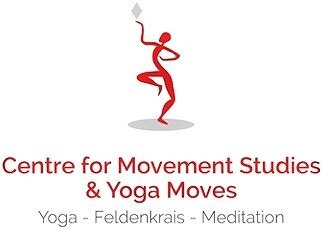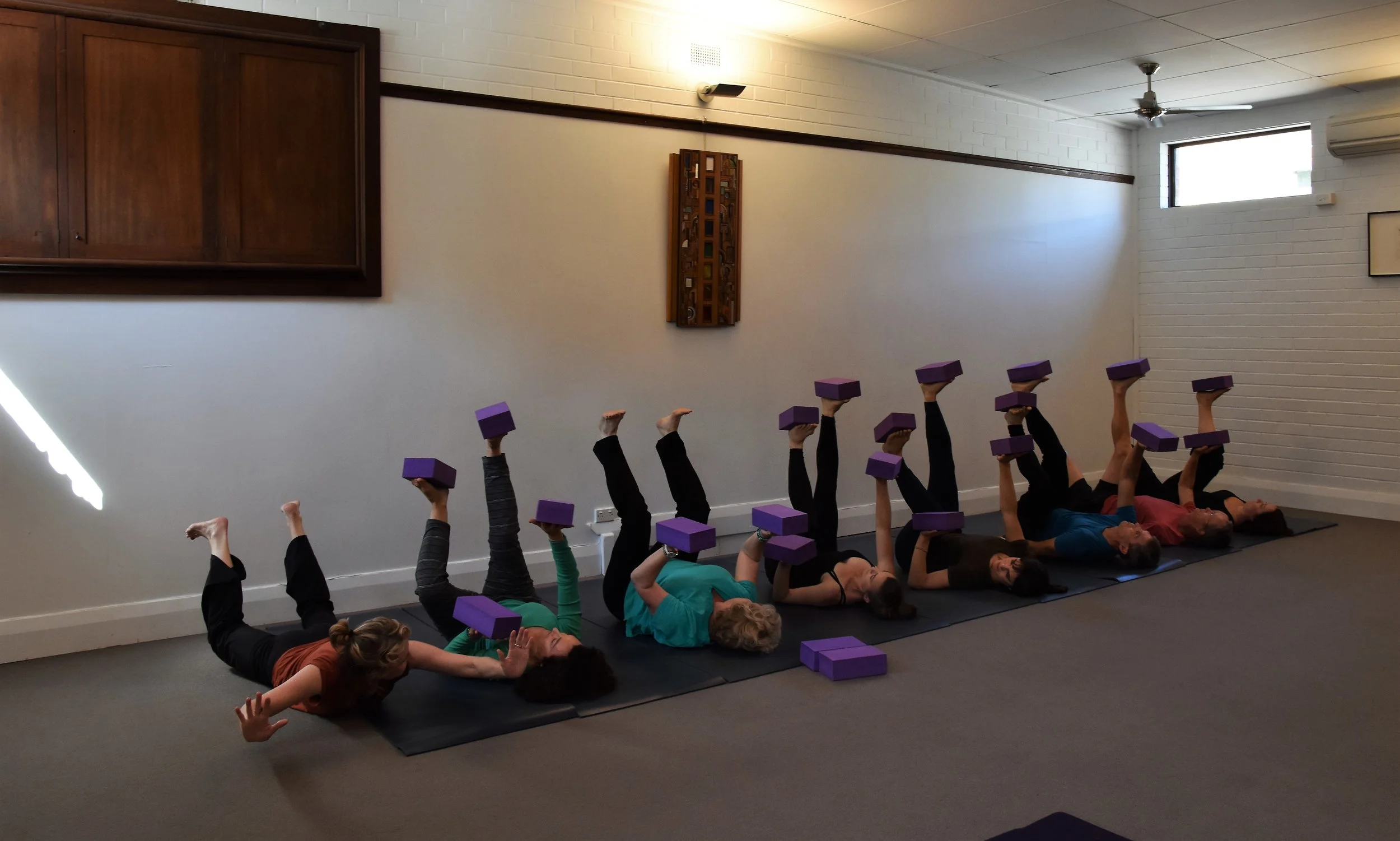What is The Feldenkrais Method®?
The Feldenkrais Method®
The Feldenkrais Method®, developed through 40 years of study by Dr. Moshe Feldenkrais, is a revolutionary approach to understanding human functioning. It utilizes movement and attention to enhance our natural abilities to learn, to change and to continue to develop throughout our lifetime.
Throughout the world, the Feldenkrais Method® is growing in recognition and with wider application in the sciences and the arts. Certified Feldenkrais Practitioners® use movement, attention and sensory re-education to promote ease and comfort, improve coordination and flexibility, expand self-awareness and evoke greater vitality.
Feldenkrais provides a new and creative way to refine human performances in sports and the arts. It is impressive in its versatility. It can facilitate rehabilitation from accidents and illnesses, prevent on the job injuries, and assist those with learning disabilities. Feldenkrais draws on the physical sciences, martial arts, and all the human sciences. It encompasses the developmentally based patterns of human movement and behaviour.
Feldenkrais lessons take two main forms - Awareness Through Movement® and Functional Integration®.
Awareness Through Movement® lessons are verbally directed movement lessons, usually done in a group. As each person explores the movements, they experience more of the range of possibilities of human movement and functioning. Movement patterns are explored in various positions including sitting, lying, standing, and walking.
A Functional Integration® session is an individual lesson, using a gentle, non-invasive hands-on interaction to guide the student towards a new or more varied use of themselves.
A Feldenkrais Method training provides intensive personal learning and growth.
Moshe Feldenkrais D.Sc (1904-1984)
Moshe Feldenkrais was born in Russia and immigrated to Israel at the age of thirteen. An engineer and physicist, he studied at the Sorbonne in Paris, where he assisted Joliet-Curie in early nuclear research. He studied with Professor Kano, the developer of Judo, and was one of the first Europeans to earn a black belt in the martial art (1936).
With his broad range of knowledge in movement, learning theories, neuroscience, psychology and systems theory, Dr. Feldenkrais developed revolutionary concepts about consciousness, movement and human functioning.
Text courtesy of Feldworks and the Australian Feldenkrais Institute: www.feldworks.com.au

